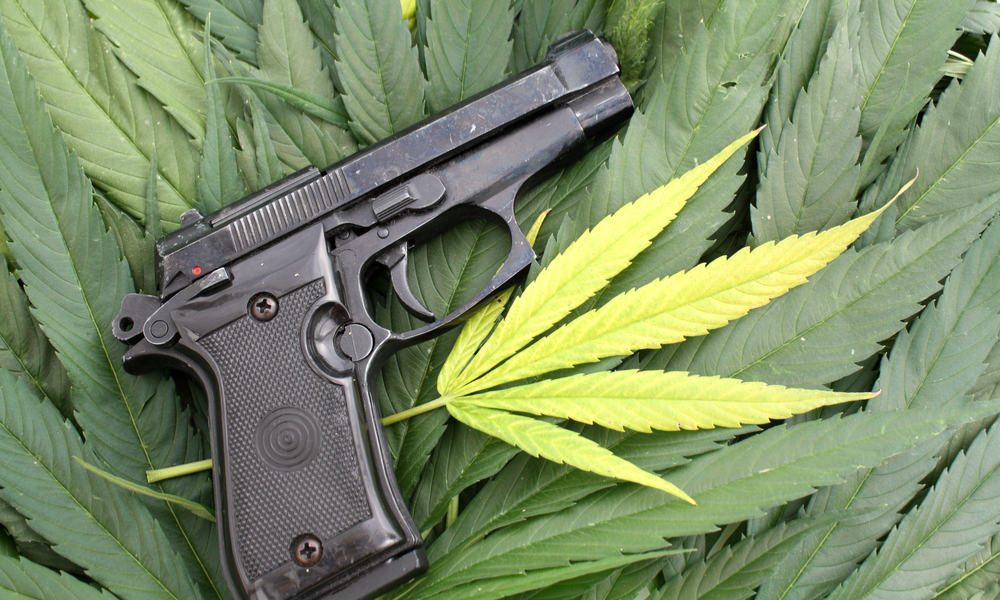
Pennsylvania’s Clean Slate Act Makes a Difference
The focus now turns on expansion at the federal level Earlier this year, the Commonwealth of Pennsylvania made an indelible mark on the lives of so many with its enactment of the Clean Slate Limited Access Law. This bill, which was backed by both democrats and republicans, allows individuals with nonviolent misdemeanor convictions to have those records sealed if they’ve stayed out...
Legalizing Recreational Marijuana Use by Adults Gains Momentum
Two Pennsylvania state senators co-sponsor a proposed bill to legalize cannabis without medical oversight. The legalization of marijuana for medical use is not the only hot topic in the Commonwealth of Pennsylvania these days. In fact, two area state senators alongside both the Governor and Lieutenant Governor are looking at eliminating the ban on adult use of recreational cannabis....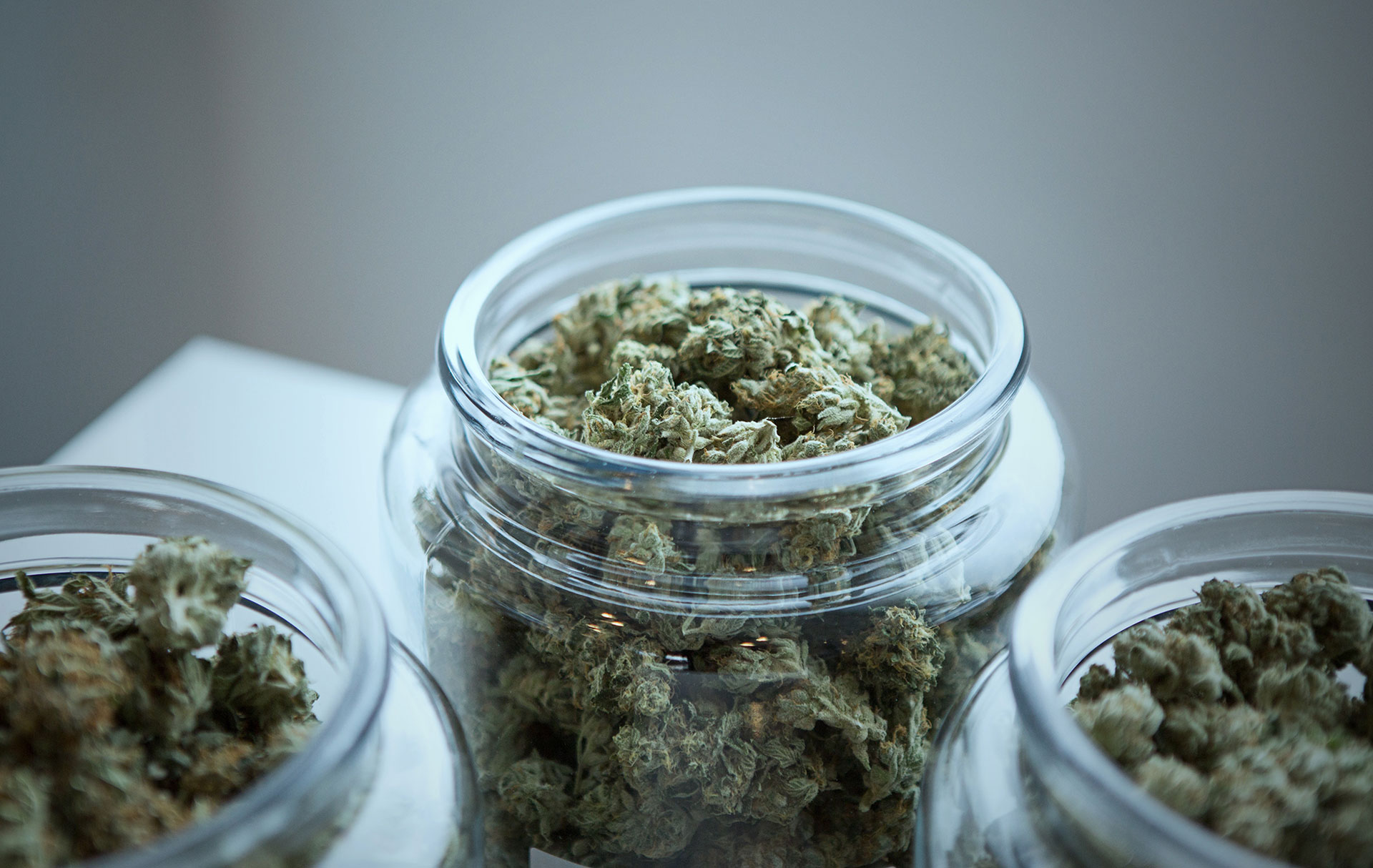
Senate Introduces “420 Bill” to Federally Legalize Marijuana
Aiming to responsibly legalize, tax and regulate cannabis at the federal level. A federal bill that would legalize cannabis was introduced recently in the United States Senate. The bill is intended to remove marijuana from the controlled substances act and regulate it in the same manner as alcohol. Further it aims to responsibly legalize and tax cannabis at the federal level. The 420 Bill...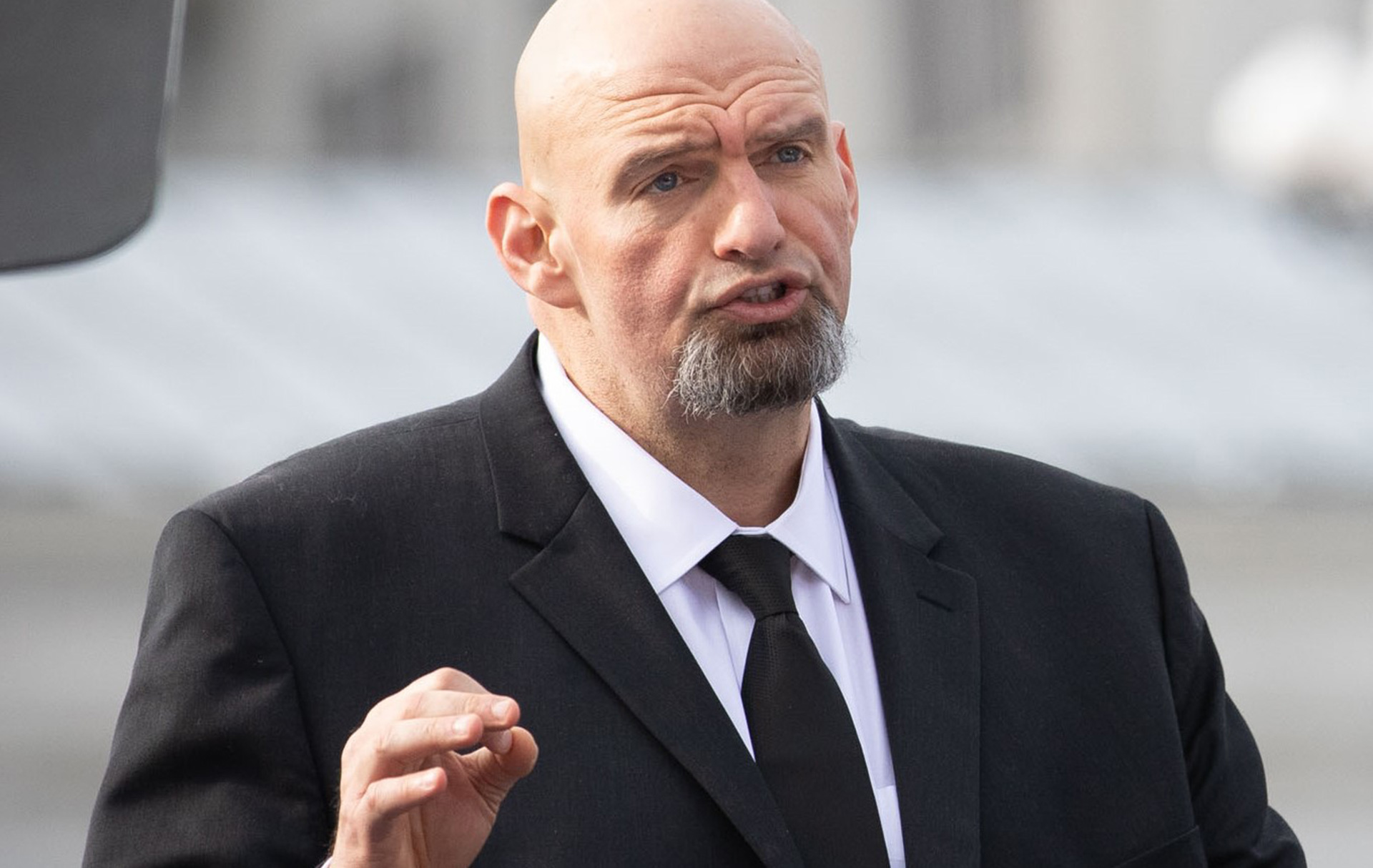
Pennsylvania Lieutenant Governor Kicks Off Cannabis Legalization Hearing Tour
A State-Wide Series of Interactive Public Gathering to Discuss the Controversial Topic Pennsylvania Lieutenant Governor John Fetterman kicked off a state-wide tour to discuss the issue of legalizing cannabis for adults. The tour, which will canvas the entire state, will engage the public as a means of gathering feedback and commentary to be presented in a report for Governor Tom Wolf. While...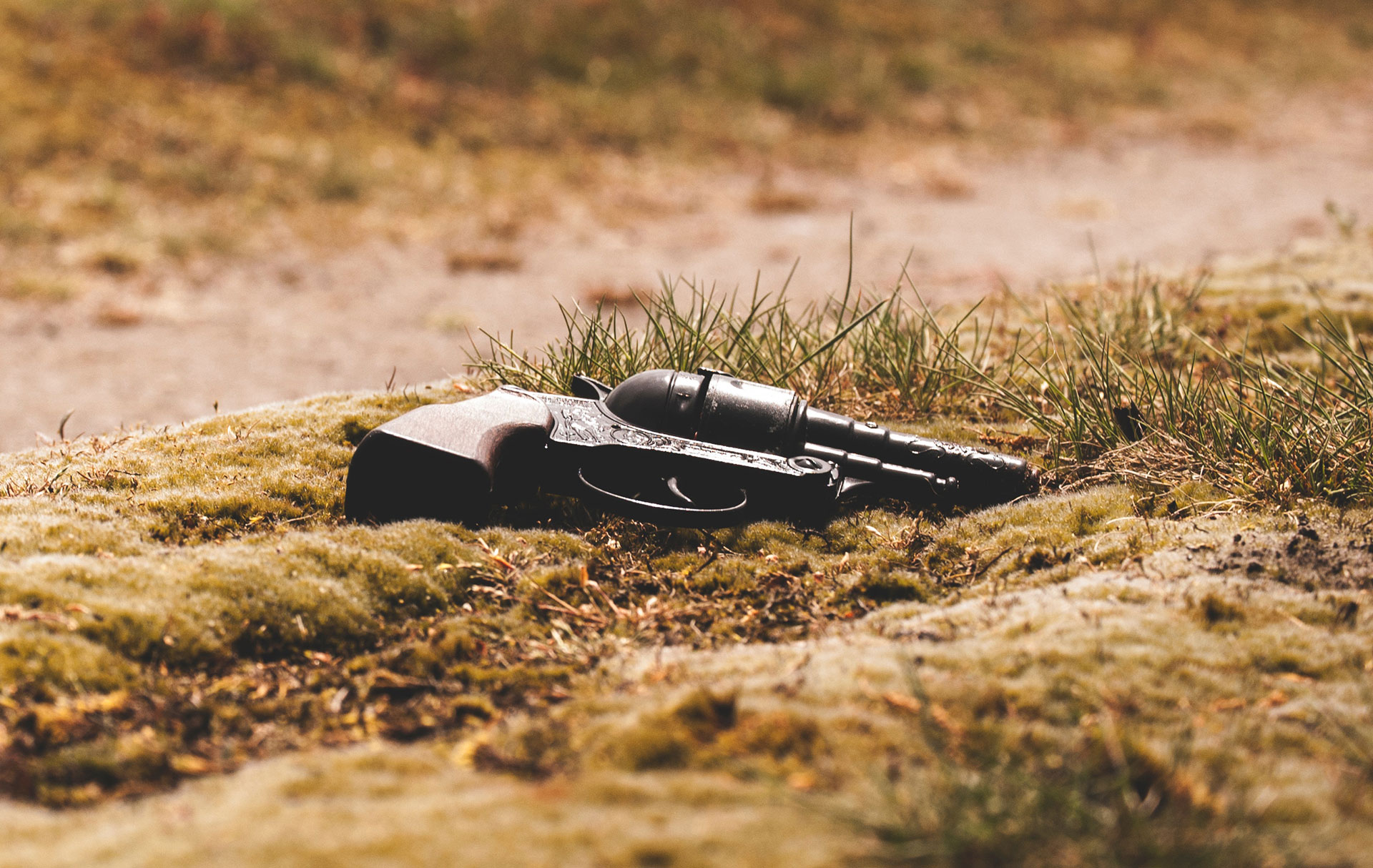
Philadelphia to Enforce Lost and Stolen Gun Law
Residents who fail to report a lost or stolen gun are subject to prosecution The Lost or Stolen Firearm Law is not new. In fact, it has been on the books for nearly a decade but was never enforced by the Philadelphia District Attorney’s office. That is now changing and the City of Philadelphia is making a marked effort to get guns off the street. Simply put, if you live in Philadelphia...
Pennsylvania Tightens Gun Laws in Domestic Violence Cases
New law requires firearms surrender to police authorities within 24 hours Pennsylvania law makers recently passed the first anti-domestic violence legislation in more than a decade that deals directly with firearms. The new law will force people convicted of misdemeanor crimes and domestic violence in the Commonwealth of Pennsylvania to surrender their guns within 24 hours. This dramatically...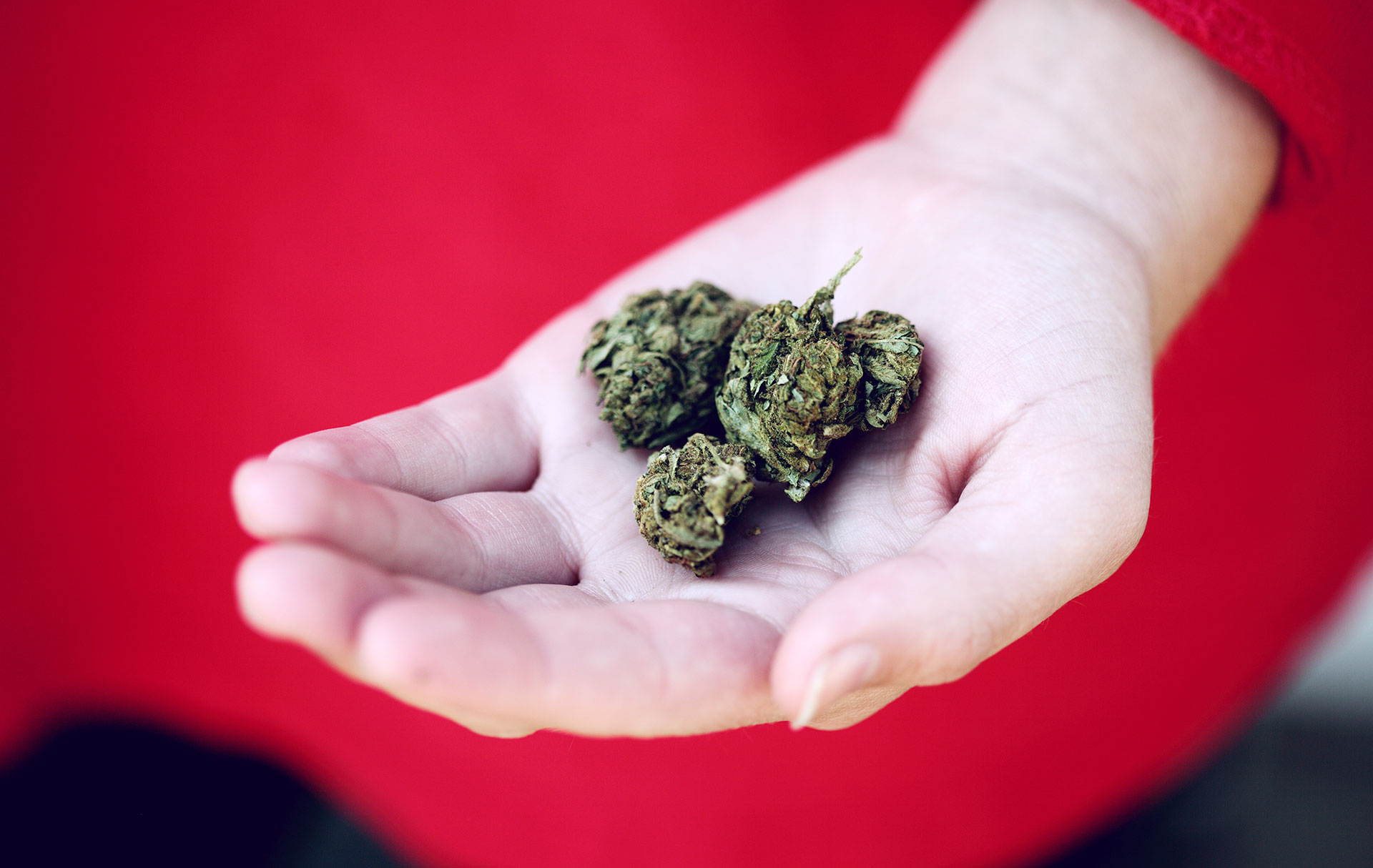
Lawmakers Introduce Carers Act Reform Bill to Protect Medical Marijuana Users
Individual states now allowed to set their own policies for state-legal medical-marijuana businesses Federal lawmakers in the U.S. House of Representatives have introduced a bipartisan bill that would protect medical marijuana users and their physicians in states which have legalized marijuana. Initially created in 2015, the updated Compassionate Access, Research Expansion, and Respect States...
New DUI Penalties in Pennsylvania
The Commonwealth gets tough on repeat offenders The new year brings tougher laws and penalties for those with multiple driving under the influence (DUI) convictions in Pennsylvania. Just before the holidays, the Commonwealth joined the majority of states across the U.S. that consider multiple DUIs as felonies and enacted legislation that increases the penalties for repeat DUI offenders and...
New Law Allows for Sealing of Criminal Convictions
Clean Slate erases past mistakes for some nonviolent misdemeanor offenders Effective in 2019, the Clean Slate Limited Access Law will allow individuals with nonviolent misdemeanor convictions to have those records sealed if they’ve stayed out of trouble for ten years and paid all fines. The law does not, however, apply to individuals charged with violent, firearm or sexual...